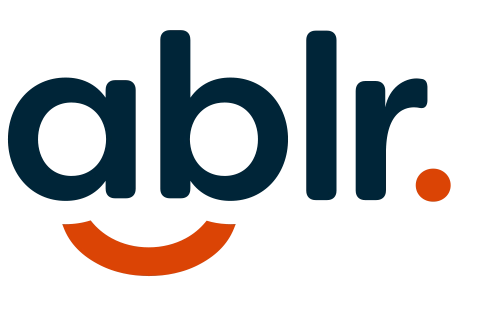by Tristan Bussiere

Having had an unwavering interest in computers since a young age, I was exposed to assistive technology at the outset. Luckily for me, the years of my childhood came at a time where screen readers were a stable part of the accessibility market, and if you were blind or visually impaired as I was, were almost commonplace. The first few years of working with technology were a bumpy road for me — screen reading technology at the time was an enormous investment — which meant that I was stuck with the (at the time) quite lackluster Narrator screen reader built into Windows, as well as self-voicing applications like Talking Typer or Math Flash from the American Printing House for the Blind. This was restrictive, but I contented myself by attempting to push the limits, finding ways to accomplish things with work-arounds or using my rapidly degenerating vision to figure out what was happening on the screen.
Eventually, I obtained a copy of JAWS (Job Access with Speech), and suddenly, an endless amount of possibilities was opened up to me. I could browse the web almost as quickly as a sighted person by teaching myself quick navigation keystrokes and learning to understand my screen reader’s voice at high rates. Not only that, but I could dig deeper; not just consuming content, but learning how it was created in the first place. Testing the waters and experimenting with the internals of the computer, searching for answers on Google (which was relatively new at the time), and yes, breaking things until I needed to start back at square one were everyday events.
This curiosity about how technology worked rapidly turned into a hobby. Over the years, I voraciously pursued information, teaching myself techniques, various programming languages, and even combining technical knowledge with my other interests — music, gaming and others — to dabble in the creation process, rather than waiting idly for other creators to produce content for me.
Without mainstream accessibility, none of this would have been possible. There are still areas of improvement; not a week goes by without me hearing about applications that are inaccessible. However, awareness is spreading, and steps are being made every moment to increase the equality of the world around us.
I joined the LCI Tech Services team as a person with a computer science background, primarily focused on software engineering. Simultaneously going to school to finish my degree, I’ve committed myself to accessibility, using the skills that I’ve gleaned to help diagnose access issues and augment our approach for increasing equal opportunities across the board. Throughout my time as a part of this team, I’ve stumbled on numerous roadblocks as I evaluate products. My favorite part is relentlessly attempting to navigate around them, even if it requires a detour or alternate route to get where I want to be. Learning about standards such as the Web Content Accessibility Guidelines and the dizzying amount of disabilities that are accounted for has also given me empathy for other people’s struggles with tasks that may seem mundane.
Global Accessibility Awareness Day is today. Spread the word. Tell everyone how important accessibility is, both in the digital world and otherwise, and celebrate it by acknowledging the enormous strides that humanity has made towards achieving universal access.

Tristan I wanted to let you know how incredible impressed I am with not only how well this article was written, but also by your strength, determination and amazing fortitude. You are obviously incredibly intelligent, but there are many intelligent people out there and they have not accomplished a fraction of what you have in your young life. You have the life experience, combined with the passion, to be able to contribute vast amounts of knowledge in your field of work and help navigate the various needs of people with disabilities in regards to technology and navigating the web. Truly awesome.
Hi Tristan,
I am an acquaintance of your mother, Lisa. Last evening, May 15, on Maine, Channel 6 the 207 Magazine program student inventors from Fryeburg Academy, Maine, engineered a brail computer. It was amazing! They won the Maine science fair and are going to nationals. If I hear any more news about it, I will inform you.
I am so proud of your accomplishments. Keep up your dedicated work.
Very truly,
JoAnne Rush Peabody
Occupational Therapist
Well written Tristan! You are an amazing and very intelligent young man. Thanks for your insights and your determination for global accessibility!
Comments are closed.